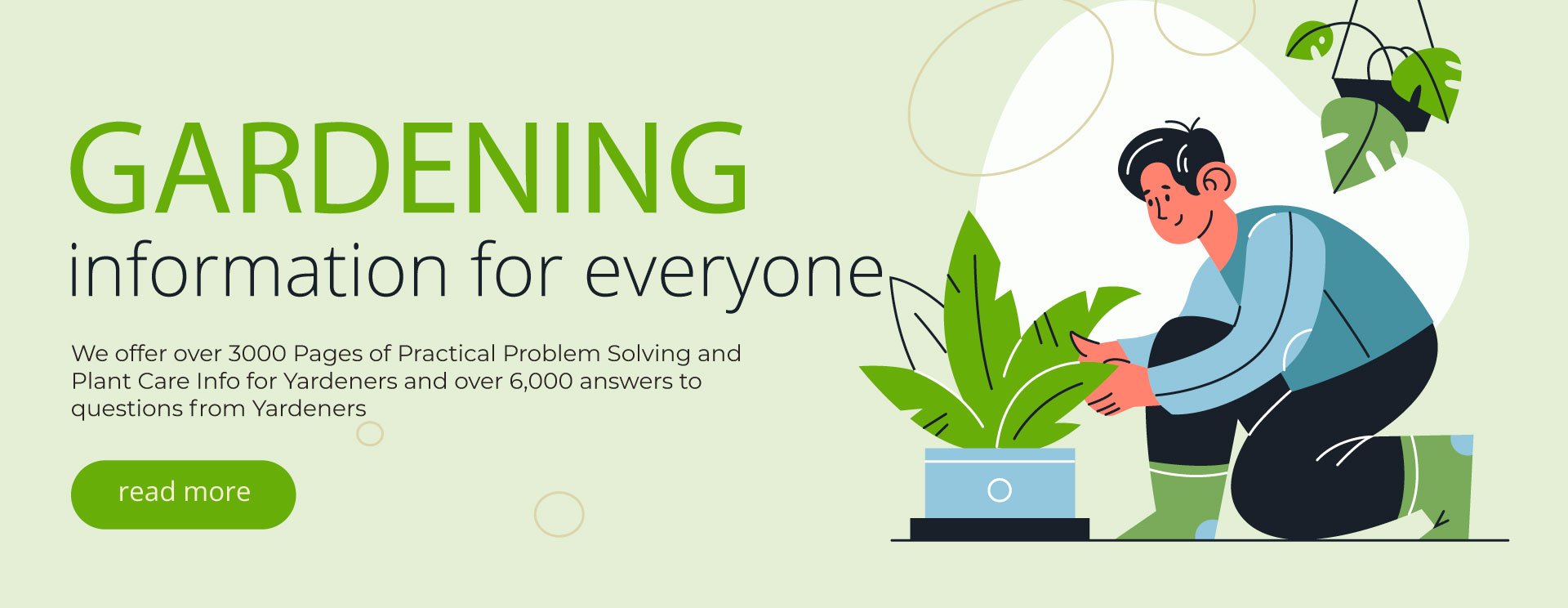As a gardener, you understand the importance of healthy soil for successful vegetable cultivation. Soil building and management are vital aspects of maintaining a productive vegetable garden. By implementing proper techniques and strategies, you can ensure optimal soil health and create an environment that promotes the growth of nutrient-rich vegetables.
Understanding Your Soil
Before diving into soil building and management, it is crucial to understand the composition of your soil. Conduct a soil test to determine its pH level, nutrient content, and texture. This information will guide you in making informed decisions about soil amendments and management practices.
Building Organic Matter
Organic matter is the foundation of fertile soil. It improves soil structure, enhances water retention, and promotes beneficial microbial activity. Here are some methods to build organic matter in your vegetable garden:
- Composting: Create a compost pile using kitchen scraps, yard waste, and other organic materials. Regularly turn the pile to facilitate decomposition and produce nutrient-rich compost.
- Cover cropping: Plant cover crops such as legumes or grasses during fallow periods to add organic matter to the soil. These crops also help prevent erosion and fix nitrogen levels.
- Mulching: Apply organic mulch, such as straw or shredded leaves, around your vegetable plants. Mulch helps retain moisture, suppress weeds, and gradually decomposes, enriching the soil.
Nutrient Management
Vegetable plants have specific nutrient requirements for optimal growth. Proper nutrient management ensures that your plants receive the necessary elements for healthy development. Consider the following practices:
- Crop rotation: Rotate your vegetable crops annually to prevent nutrient depletion and reduce pest and disease pressure. Different plant families have varying nutrient needs, so rotating them helps balance soil fertility.
- Organic fertilizers: Utilize organic fertilizers like compost or well-rotted manure to provide essential nutrients to your plants. These natural alternatives nourish the soil and enhance long-term fertility.
- Foliar feeding: Supplement your plants with foliar sprays containing micronutrients. This method allows for direct absorption of nutrients through the leaves, addressing any deficiencies quickly.
Soil pH and Amendments
Soil pH greatly influences nutrient availability to plants. Most vegetables prefer a slightly acidic to neutral pH range (6.0-7.0). Adjusting soil pH can be done through the following methods:
- Lime application: If your soil is too acidic, add agricultural lime to raise the pH gradually. Follow recommended application rates based on your soil test results.
- Sulfur application: To lower soil pH in alkaline soils, apply elemental sulfur. It converts to sulfuric acid over time, reducing the pH level effectively.
Managing Soil Moisture
Proper moisture management is essential for vegetable garden success. Both under and overwatering can harm plant growth and overall health. Consider these tips for managing soil moisture:
- Irrigation: Water deeply and infrequently to encourage deep root growth. Use methods such as drip irrigation or soaker hoses that deliver water directly to the root zone.
- Mulching: Mulch helps conserve moisture by reducing evaporation from the soil surface. Apply a layer of organic mulch around your plants to maintain consistent soil moisture levels.
Building and managing healthy soil in your vegetable garden is fundamental for successful gardening outcomes. By understanding your soil composition, building organic matter, managing nutrients, adjusting soil pH, and maintaining proper moisture levels, you can create an optimal environment for growing nutrient-rich vegetables. Implement these practices consistently, and you will reap the rewards of a thriving vegetable garden year after year.
Remember, gardening is a continuous learning process, so observe your plants closely and make adjustments as needed to achieve the best results.
Take your gardening skills to new heights! Explore Yardener's website for a wealth of practical problem-solving and expert plant care info. Elevate your gardening game and create the garden you've always dreamed of. Visit us now!
Happy gardening!


